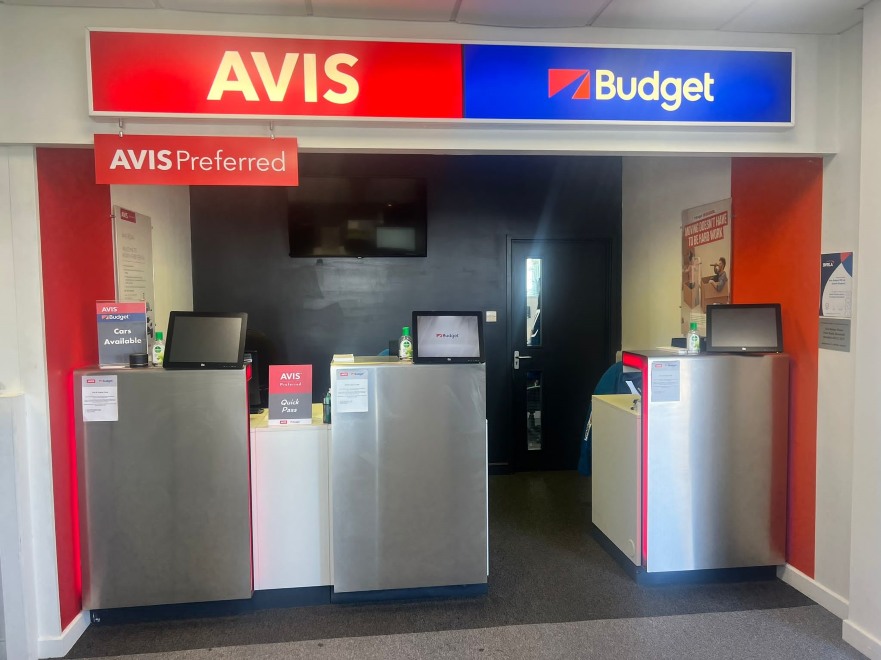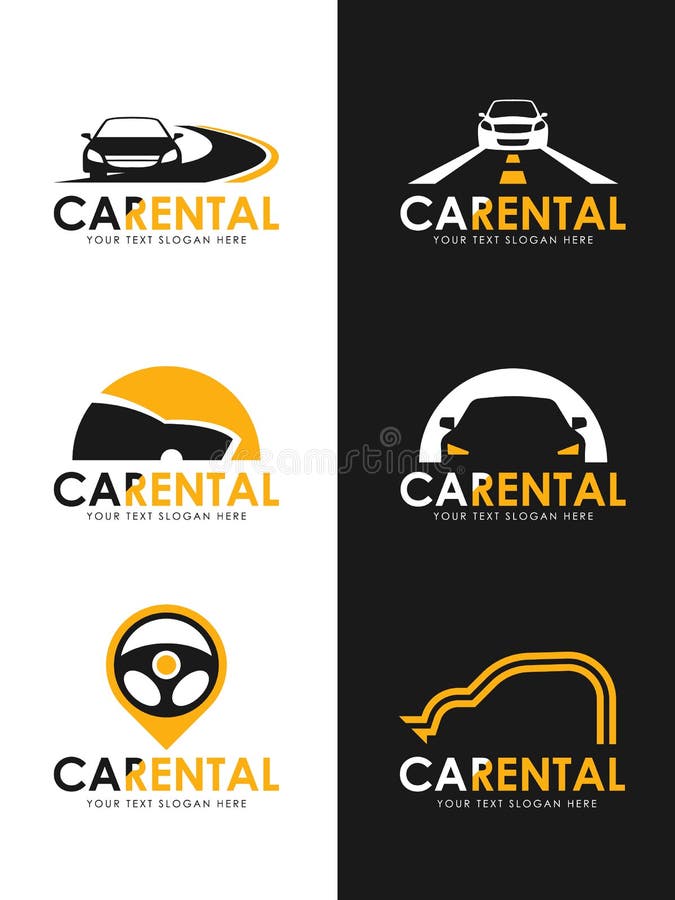Top Info For Choosing Car Rental Websites
Wiki Article
What Can You Do To Verify The Insurance Offered By The Rental Car Company?
It is crucial to examine the coverage and insurance options offered by the car rental company to avoid costly expenses and to ensure that you're properly protected. It is possible to review your insurance coverage for your rental car in a variety of ways: Understanding Basic Coverage. The first step is to understand the coverage included in the contract. Most rental companies offer basic liability insurance which covers bodily injuries and damage to property that is caused by third parties in the event that you're the cause. There are some limitations to this insurance, as well as deductibles.
Check out additional coverage options. Many rental companies provide additional insurance plans in addition to their basic coverage, to give you additional security. There are two types of additional coverages that are commonly used: Collision Damage Waiver which will reduce or completely eliminate financial liability that you bear for damage caused to your rental car, and Loss Damage Waiver which covers damages or thefts to your rental.
Assess Coverage limits and Deductibles. Review the limits for coverage and deductibles for each option of insurance. Find out the maximum amount that the insurance will pay in case of damage or loss, as well as the amount you'll have to pay to pay out from your pocket (deductible) before the insurance coverage kicks in.
Personal Insurance Policies. Find out if you have coverage on your credit card or insurance policy. Some credit cards provide secondary insurance coverage for rental vehicles when you pay for the rental using the card. The coverage of your personal auto policy may also be extended to rental vehicles. But the extent of the coverage may differ dependent on the policy you've got and your insurance company.
Consider Your Risk Tolerance: If you're considering buying additional insurance, you should be sure to consider your budget and risk tolerance. If you want peace of mind and are worried about the possibility of theft or damage of your vehicle, purchasing additional insurance could be worth it. To save money, you might choose not to purchase the insurance from the rental agency in the event that you've already bought sufficient insurance.
Ask about Exclusions and Exceptions Contact the rental company about any restrictions or exclusions from the insurance policy, like restrictions on off-road driving or drivers with no authorization, as well as the use of the vehicle for commercial use. Make sure you are aware of the conditions and terms of the insurance policy. This will help you avoid any unpleasant surprises should an accident occurs.
Document any existing injuries: Before signing the rental agreement carefully examine it for any damages or signs wear and tear. Photograph or video any damage, like scratches, dents, or any other damage, and document it on your rental contract. You'll be secured from being held responsible for damage that was already in place when you returned the car.
Examining the insurance and other options provided by the rental company can assist you in making the right choices. This way you'll be secure throughout your rental time without incurring unnecessary costs. View the top Car rental for blog info including hire car to airport, car for 1 day rent, best car rentals near me, rent a car weekend, rent a car same day, hire car one way, sporty car rental near me, car rental, rent a car weekend, rental luxury and more.

What Are The Reasons You Want To Reserve Your Rental Car Ahead?
Reservations are highly recommended, particularly during peak travel periods. Pre-booking your rental car ahead of time helps you to ensure the type of vehicle you require to travel with and reduces the chance that you won't be able to find a car suitable upon arrival.
Make reservations ahead to secure the vehicle you want. You can pick from a larger selection and be sure to get the make, model and the size you want. Whether you need a compact vehicle for a solo trip or the perfect minivan for your family trip, booking ahead ensures that you will get the car that is best suited to your requirements.
Stability of rates: Prices are likely to rise when the rental date approaches, especially in busy periods. If you make a reservation in advance, the rental price is locked in at the moment of the booking. This will help you save money as compared to booking close to the time of travel.
Plan your rental vehicle prior to your trip to alleviate stress and ensure peace ofmind. Rest assured that all the transportation requirements are taken care of. This allows you to focus on the other elements of your travel.
Flexible: By booking ahead, you can check rental rates, look over different options and change the reservation when needed. Rental companies have flexible cancellation policies that allow the ability to cancel or change your reservation within a certain time frame.
Special Requests: If you have specific requests or requirements, such as a GPS navigation system, car seat, or disability-accessible vehicle, reserving in advance ensures that the rental company can accommodate your needs and have the necessary equipment ready for your arrival.
Beware of long wait times: During peak travel seasons, rental car counters at airports and popular destinations can have lengthy wait times and lines. By making reservations in advance, you can speed up the process of picking up your rental car and avoid spending valuable time waiting in lines.
Renting a car beforehand can bring many advantages. These include ease of use, affordability, peace of mind, and price stability. If you plan to travel during peak season, or any time of the year, it's a good idea to make reservations in advance. This will make sure that your rental runs smoothly and you have a great time.

What Should You Consider In Relation To The Terms And Conditions Of Returning The Car You Rented?
It's essential to go over the terms and conditions of returning the rental vehicle to ensure that the return process is easy and painless. These are the most important things to consider: Designated Location Make sure that the rental agreement specifies an agreed-upon drop-off location. Return the vehicle at the exact location that was agreed with the business. Some rental companies offer numerous drop-off locations for airport terminals or rental offices therefore it is essential to confirm that you are in the correct location.
Go through the rental agreement to find out what the acceptable return dates are. Rental companies will usually specify the date and time of return for every vehicle. Be sure to return the vehicle by the designated deadline to avoid penalties or late fees.
Review the rental firm's policy regarding late return to be aware of any penalties associated with them. Learn about the penalties for not returning the vehicle after the time specified. These may include late fees, or other charges. Some rental companies may charge you for a full day's rental the entire day or even a portion of the day if the vehicle had to be returned late.
Find out regarding Extension options. If you intend to use the car for a much longer period of time than you anticipated you should inquire about extensions. Some rental companies will allow you to extend the rental period. This is subject to availability and could result in additional fees. Contact the rental company in advance for an extension request if required.
Return Conditions: Know the conditions for returning the vehicle in good state. Rental agreements generally stipulate that the vehicle must be returned as it was when rented. When returning the vehicle be sure to follow any instructions on how to clean it and remove personal belongings.
Inspection of the vehicle upon return: Perform a final inspection of the vehicle prior to returning it to the rental company. Examine for any damage or problems that may be present since the rental period. Document new damage and concerns and bring them to the attention of the rental company's representatives.
Return Process: Learn the return procedure and follow any paperwork or procedures required when returning the rental vehicle. Follow the directions provided by your rental company on the best way to return keys. fill out the necessary paperwork, and receive a receipt or confirmation.
Take note of these aspects when returning the vehicle, and then review the terms of the rental agreement to ensure that you have met the terms of the rental agreement. This will help you avoid any fines or problems.
